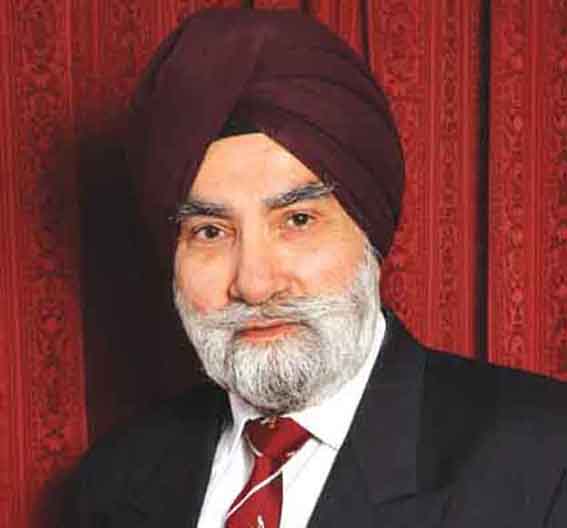Position of China and India Crucial to Ukraine War India should support the global alliance of democracies against totalitarian aggression

The realities of world energy needs will test the alliance of Western democracies against Russian aggression. Much depends on isolating Russia from the rest of the world through financial and trade sanctions. In this connection, the positions of the China and the largest democracy in the world, India, remain unclear.
As Renaud Foucart of Lancaster University has pointed out, occupying a country and installing a puppet government comes at a cost and the invasion of Ukraine has placed Russia on the verge of bankruptcy. The stock market has closed, interest rates have doubled and the rouble has fallen to its lowest level while the European Union is planning to drastically decrease its energy dependency on Russia.
The invading Russian army hopes to occupy the second biggest country in Europe with over 40 million hostile population. There will also be the cost of rebuilding the destroyed infrastructure.
For the Western sanctions to succeed, there is much focus on the importance of trade and defence relations between China and Russia. That China is in a position to define what a new global order would look like. However, not much has been said about the position of India which has shown a leaning towards Russia.
It can be argued, that, after China, the size and geo-political position of Indian makes it the next most important country in the emerging world order. If China openly sides with Russia and India also keeps on trading with Russian despite the sanctions, especially due to its energy needs, that would considerably weaken the Western position and prolong the Russia-Ukraine war at a huge loss of lives with the threat of World War III hanging over humanity.
The UK government, together with other Western democratic countries, is likely to be keeping an eye, not only on China but also on India, rapidly heading towards a Hindutva-led totalitarian regime. UK trade ties with India are important but cannot be at any cost to world democracies in the emerging world politico-economic order. This is a reality which has to be faced by the British government.
In this context, the British Sikhs, do have a concern which may not seem important at first glance in the context of this topic. Sikhs are concerned about a pattern of actions and utterances of Home Secretary, Priti Patel, against lawful British Sikh activism. These have been mentioned in an open letter by nearly 300 Gurdwaras of 9 February 2022 to PM Boris Johnson
Last year, the Home Office failed before the courts to extradite some British born Sikhs to India. Later, Patel said at the Heritage Foundation in Washington DC on Gurpurb Day on 19 November 2021, Sikh separatist extremism has also caused considerable tensions in recent years. Yet, police sources confirm that out of 800 live investigations running at the moment about 80% are linked to Islamist extremism and that approximately another 18% relate to extreme right wing terrorism and the remaining cases are less than 2% and classified as LASIT (Left, Anarchist and Single Issue Terrorism). So, the sources which prompt Priti Patel to talk about Sikh separatist extremism, are unclear.
In the current global environment, the least UK can afford are ministers who compromise British government position due to personal biases.
Gurmukh Singh OBE
Principal Civil Servant Retd